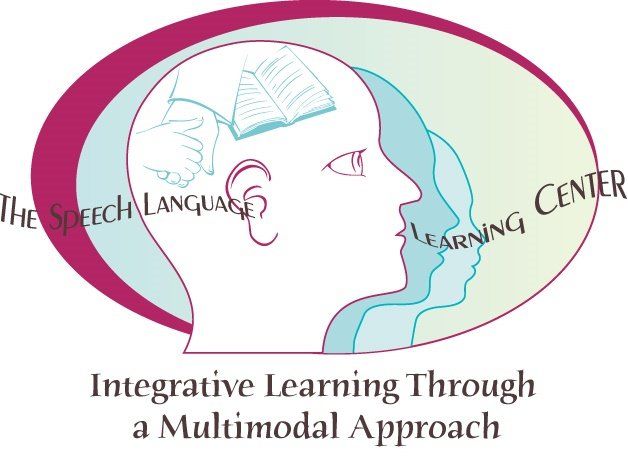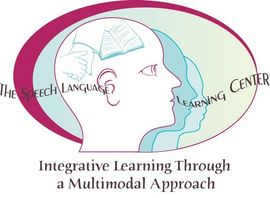Speech Language Learning Center Services and Occupational Therapy

Free Speech-Language & Occupational Therapy Screenings
Full Evaluations
Treatment
- Autism
- Apraxia of Speech
- Auditory Processing of Speech
- Cleft Lip and/or Palate
- Hearing Impairment Disorders
- Language Disorders and Delayed Speech
- Stuttering
- Neurological Disorders Affecting Auditory and Reading Comprehension, Verbal Expression, and Writing Skills
- Cognitive Reorganization
- Speech Impediments
- Activities of Daily living: self-care/self-help, self-feeding skills, play skills, etc.…
- Fine motor development: Fine motor skills are small movements — such as picking up small objects and holding a spoon — that use the small muscles of the fingers, toes, wrists, lips, and tongue.
- Gross motor development: Gross motor skills are the bigger movements — such as rolling over and sitting — that use the large muscles in the arms, legs, torso, and feet.
- Bilateral coordination development: Bilateral coordination refers to the ability to coordinate both sides of the body at the same time in a controlled and organized manner.
- Visual motor/perceptual skills
- Sensory processing/self-regulation skills
- ALERT program
Continuing Education Presentations
Accent Modification
What is Therapeutic Listening®?
Listening is a function of the entire brain and goes well beyond stimulating the auditory system. It is a voluntary act. Active listening is dynamic and continually adapting. Listening requires the desire to communicate and the ability to focus the ear on certain sounds selected for discrimination and interpretation. An individual actively listens and directs attention to sounds in the environment with the whole body.
Therapeutic Listening is a comprehensive, multi-faceted sound-based approach that involves much more than just the ears. Like other sensory systems, the auditory system does not work in isolation. Neurologically it is connected to all levels of brain function and as a result it has a vast range of influence. How we listen impacts not only our overall physiology, but also our behavior.
Therapeutic Listening is a specific sound-based intervention that is embedded in a developmental and sensory integration perspective. The music in Therapeutic Listening gives the listener unique and precisely controlled sensory information. The music is electronically modified to highlight the parts of the sound spectrum that naturally capture attention and activate body movement, synchronizing it with the environment. Therapeutic Listening uses electronic modifications, along with the organized, rhythmical sound patterns inherent in music, to trigger the self-organizing areas of the brain.

